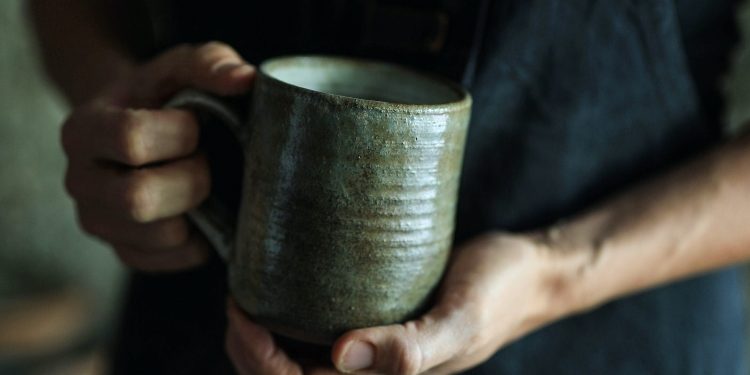Introduction
In a fast-paced, technology-driven world, the art of craftsmanship and the appreciation of hand-made items have slowly faded into the background. However, there is something inherently special and valuable about using handmade cups and glasses. In this article, we will explore the numerous benefits of choosing handcrafted vessels over mass-produced alternatives, including their environmental impact, unique aesthetics, superior quality, and the preservation of cultural heritage.
1. Environmental Considerations
One of the most significant advantages of hand-made cups and glasses is their eco-friendliness. Mass production often involves excessive energy consumption, generates large amounts of waste, and contributes to the depletion of natural resources. In contrast, handcrafting items requires significantly less energy and results in minimal waste.
The use of sustainable materials in handmade creations further minimizes the environmental impact. Artisans who specialize in crafting cups and glasses are more likely to source materials from local suppliers, reducing transportation-related emissions. Additionally, some artisans use recycled or upcycled materials, making the entire process even more environmentally friendly.
2. Uniqueness and Aesthetics
Each handcrafted cup and glass is a unique work of art, created with passion and dedication. Unlike mass-produced items, where uniformity is prioritized, handmade vessels display subtle variations and imperfections that add to their charm and character. These nuances make every cup or glass truly one-of-a-kind, making them a treasured possession for connoisseurs and collectors alike.
Handcrafted items also provide a connection to the artisan’s creativity and cultural background. The designs often reflect regional influences, traditional motifs, or personal artistic touches, offering a glimpse into the artisan’s heritage and craftsmanship.
3. Superior Quality
Artisans who craft cups and glasses by hand prioritize quality over quantity. They dedicate time and attention to detail, ensuring that each piece is meticulously shaped and polished. The result is a durable, high-quality vessel that can withstand regular use and last for generations.
In contrast, mass-produced cups and glasses are often manufactured quickly and with less attention to detail. This can lead to inconsistencies in thickness, structural integrity, and durability, making them more prone to chipping, cracking, or breaking.
4. Connection to Tradition
Using hand-made cups and glasses helps preserve cultural traditions and artisanal skills that have been passed down through generations. Many regions around the world have long-standing traditions of pottery and glassblowing, and supporting local artisans ensures the continuation of these crafts.
By incorporating handcrafted items into our daily lives, we not only acknowledge the cultural heritage of the artisans but also maintain a sense of connection to the past. Handmade cups and glasses carry a sense of history and tradition that can elevate our appreciation of the simple act of drinking a beverage.
5. Supporting Artisan Communities
Choosing handcrafted cups and glasses over mass-produced alternatives directly supports local artisan communities. These skilled individuals often face challenges in competing with large-scale manufacturers. By purchasing their creations, we contribute to their livelihoods, encouraging them to continue their craft and pass on their skills to the next generation.
Additionally, supporting artisans can help empower marginalized communities and promote sustainable economic development in rural or underserved areas.
Conclusion
Handmade cups and glasses offer a myriad of benefits, ranging from environmental advantages to cultural preservation and unique aesthetics. Choosing these artisanal creations not only enhances the experience of drinking from a beautifully crafted vessel but also fosters a deeper connection to tradition and the people behind the artistry. By opting for handcrafted items, we can embrace a touch of tradition in a modern world, making a positive impact on the environment, artisan communities, and our own appreciation of artistry in everyday life.
David Prior
David Prior is the editor of Today News, responsible for the overall editorial strategy. He is an NCTJ-qualified journalist with over 20 years’ experience, and is also editor of the award-winning hyperlocal news title Altrincham Today. His LinkedIn profile is here.


![7 Best POS Software in the UK [2026 Edition]](https://todaynews.co.uk/wp-content/uploads/2026/02/7-Best-POS-Software-in-the-UK-2026-Edition-360x180.png)










































































